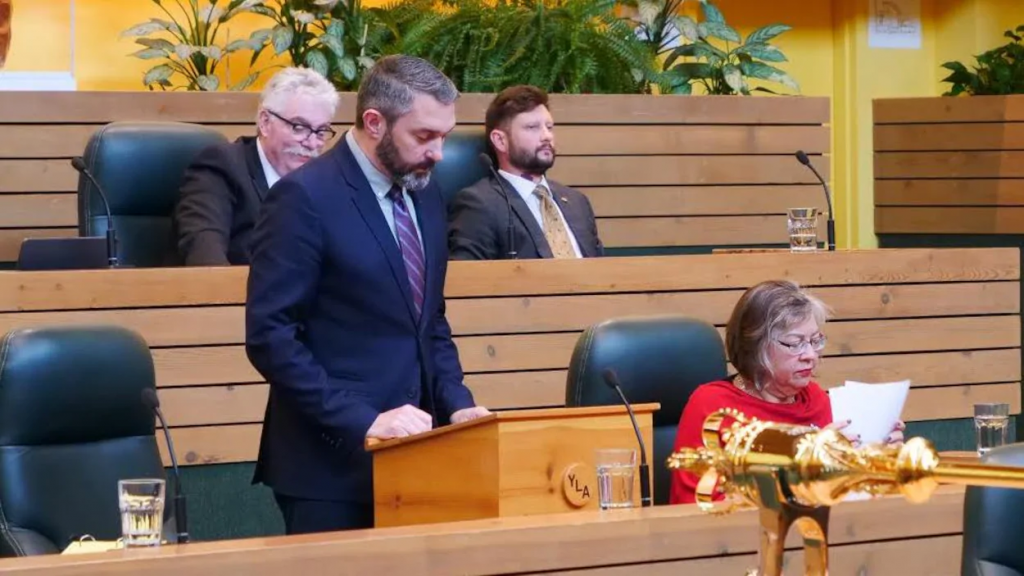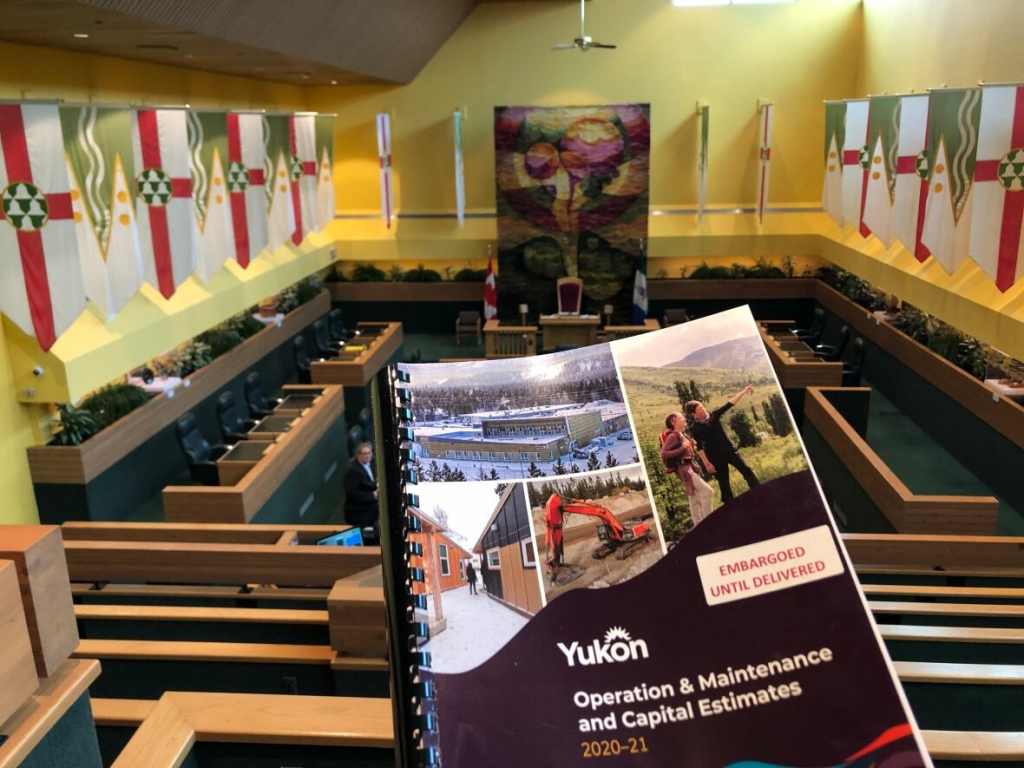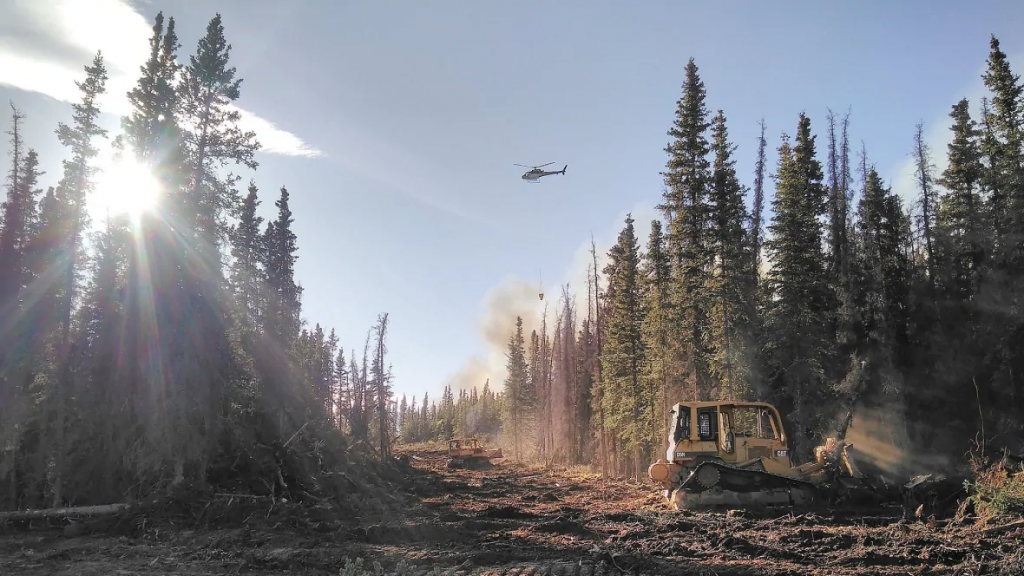Arctic Canada: Yukon government back in black with $4M surplus budget

The Yukon government is expecting to be back in the black this year, with its first projected surplus budget in three years.
It’s a modest surplus — an estimated $4.1 million on an overall budget of $1.62 billion — but Premier and Finance Minister Sandy Silver was happy to trumpet the government’s “sound fiscal management.”
“True to our commitment to Yukoners, we have balanced the budget — and have done so a full year ahead of schedule,” Silver said, after tabling the document in the Legislative Assembly on Thursday.
It follows a larger-than-projected deficit for the last fiscal year. The government had expected to be about $5.9 million in the red for 2019-20 — but now puts that figure at about $18.56 million, thanks in part to spending on forest fires, and the Whitehorse emergency shelter.
This year’s projected surplus reflects higher revenues from income tax, and transfers from Ottawa. The vast majority of Yukon’s territorial revenues — about 85 per cent — are federal transfer payments.

Silver says the 2020-21 budget is “not about flash, it is about substance.”
“For the past three years, our government has been working hard to put Yukon’s finances on a sustainable path and create an environment for Yukon’s people and economy to thrive,” he said.
Money for housing, community centres
Some of the spending highlights in this year’s budget include:
- $27 million to develop residential lots in Whitehorse and other communities.
- $9 million for a 47-unit housing complex in Whitehorse.
- $7 million for a Kwanlin Dün First Nation community hub.
- $5 million for a community centre in Old Crow.
- $2 million for a swimming pool in Pelly Crossing.
- $23 million for Yukon’s diverse fibre line.
- $11.6 million on the new French language high school in Whitehorse.
- $3.1 million on orthopedic surgery capacity at the Whitehorse hospital.
- $500,000 for a basketball court at F.H. Collins school.
- $350,000 for midwifery.
The annual budget for wildland fire is also increasing his year, to $21.6 million. Last year, the government budgeted just over $16 million for fire management — but those estimates soon went up in smoke as 2019 proved to be a busy season.
The territory ended up spending about $40 million on wildfires.

Silver said the territory must prepare for “longer and more intense fire seasons.” He said the extra money this year will help fund fuel management and fire mitigation projects.
2019 was also the year the territory began collecting carbon tax — and paying out rebates. The government collected about $5.2 million, and was set to pay out the same amount.
The 2020-21 budget anticipates about $16 million in carbon tax revenues — but again, all of that money will be paid out meaning it has no impact on the government’s budget.
The small business tax rate, meanwhile, will be reduced this year from two per cent to zero. That was a campaign promise the Liberals made in 2016.
According to the government, that will save Yukon businesses about $2 million annually. That loss of government revenue will be offset by an increase in the insurance premium tax, which is going up to four per cent.
Related stories from around the North:
Canada: ANALYSIS: Finances in Canada’s Northwest Territories leave little wiggle room ahead of budget, CBC News
Finland: Finnish Parliament debates Rinne govt’s first budget proposal, Yle News
European Union: Politician calls for stronger EU engagement in Arctic, The Independent Barents Observer
Norway: Political earthquake shakes up Northern Norway, The Independent Barents Observer
Russia: Putin signs Arctic master plan calling for more industrialization, partnerships and stability, The Independent Barents Observer
Sweden: What the budget says about Sweden’s minority government, Radio Sweden
United States: Alaska losing $102M in military construction for wall on U.S.-Mexico border, Alaska Public Media



